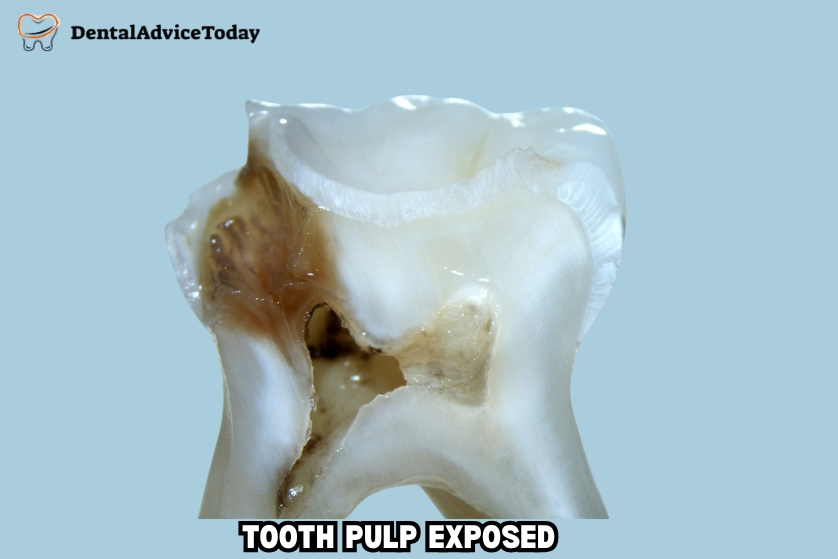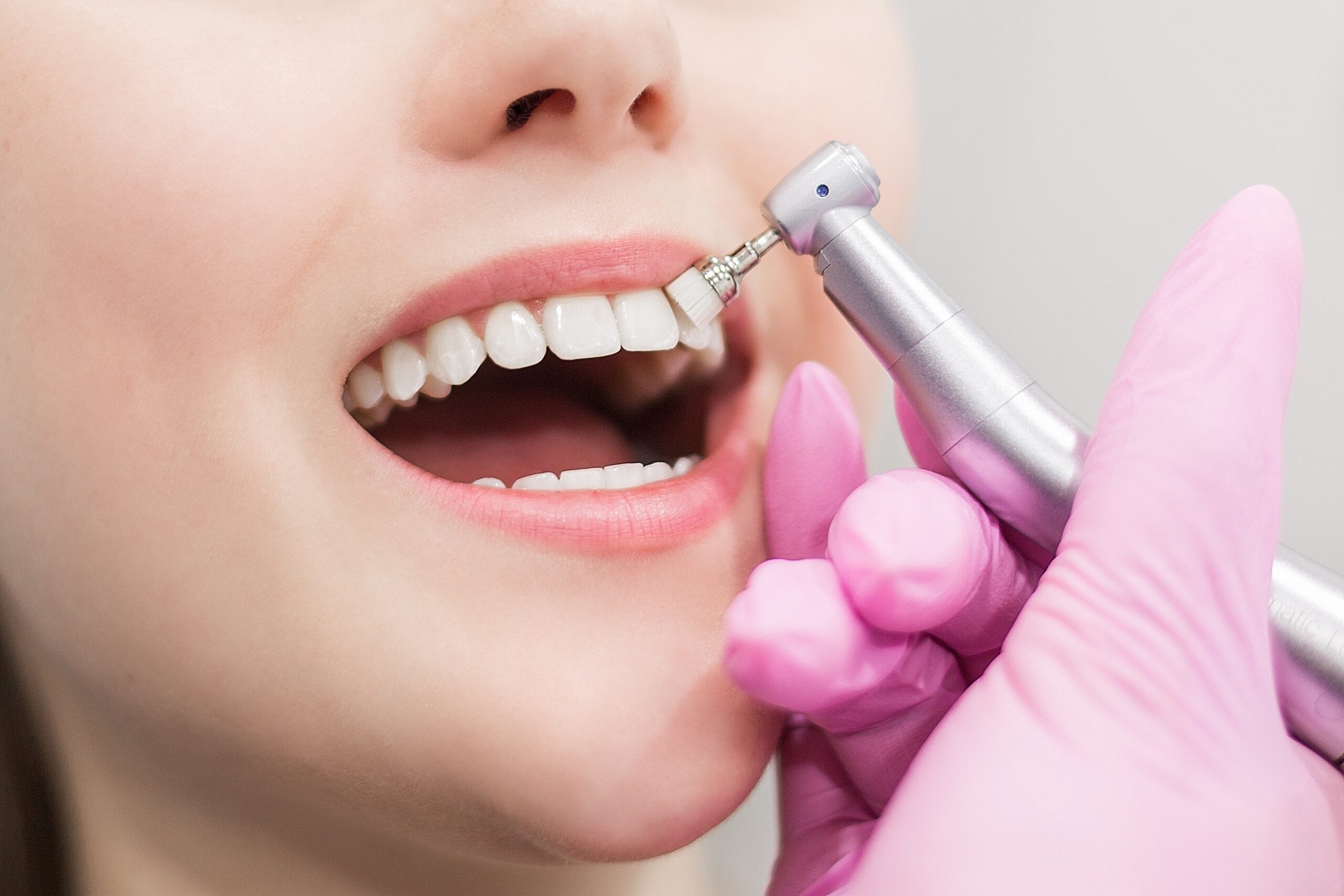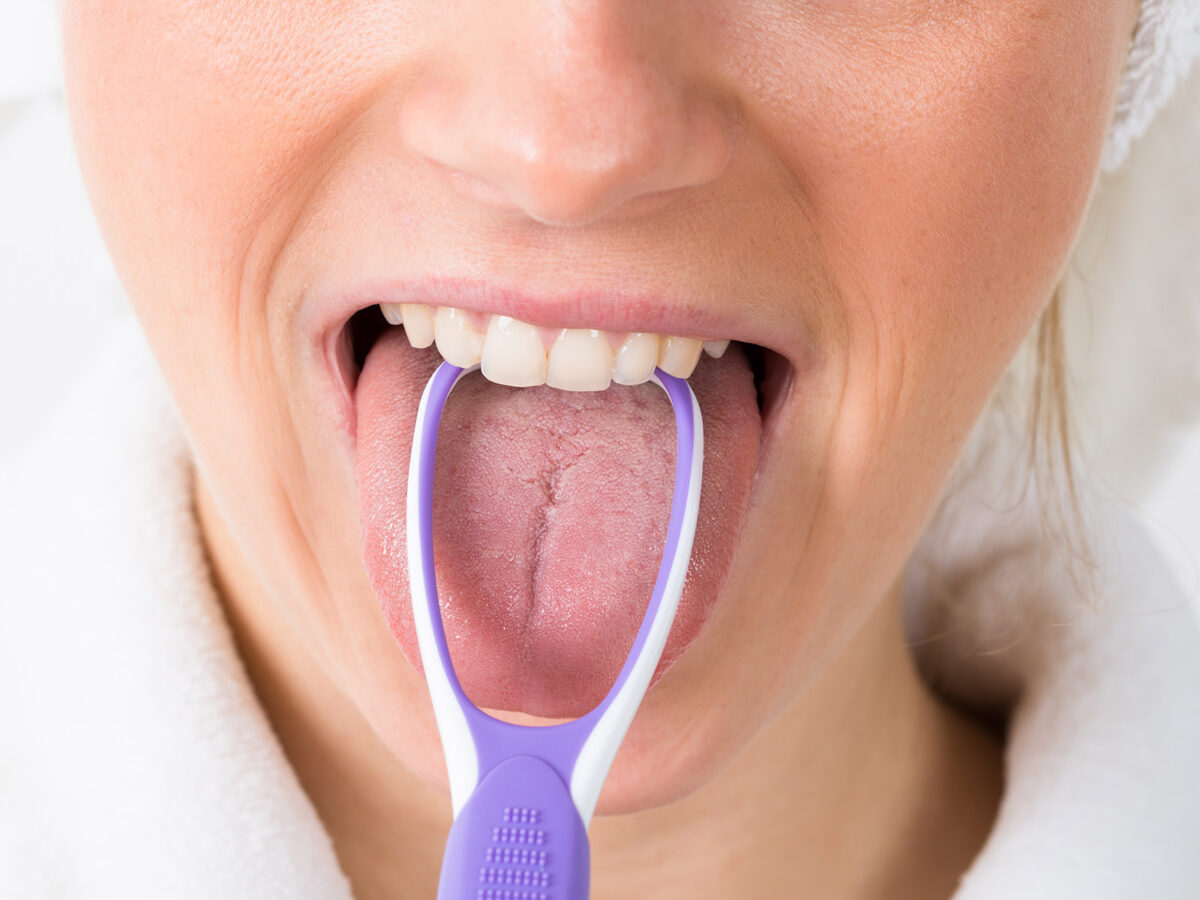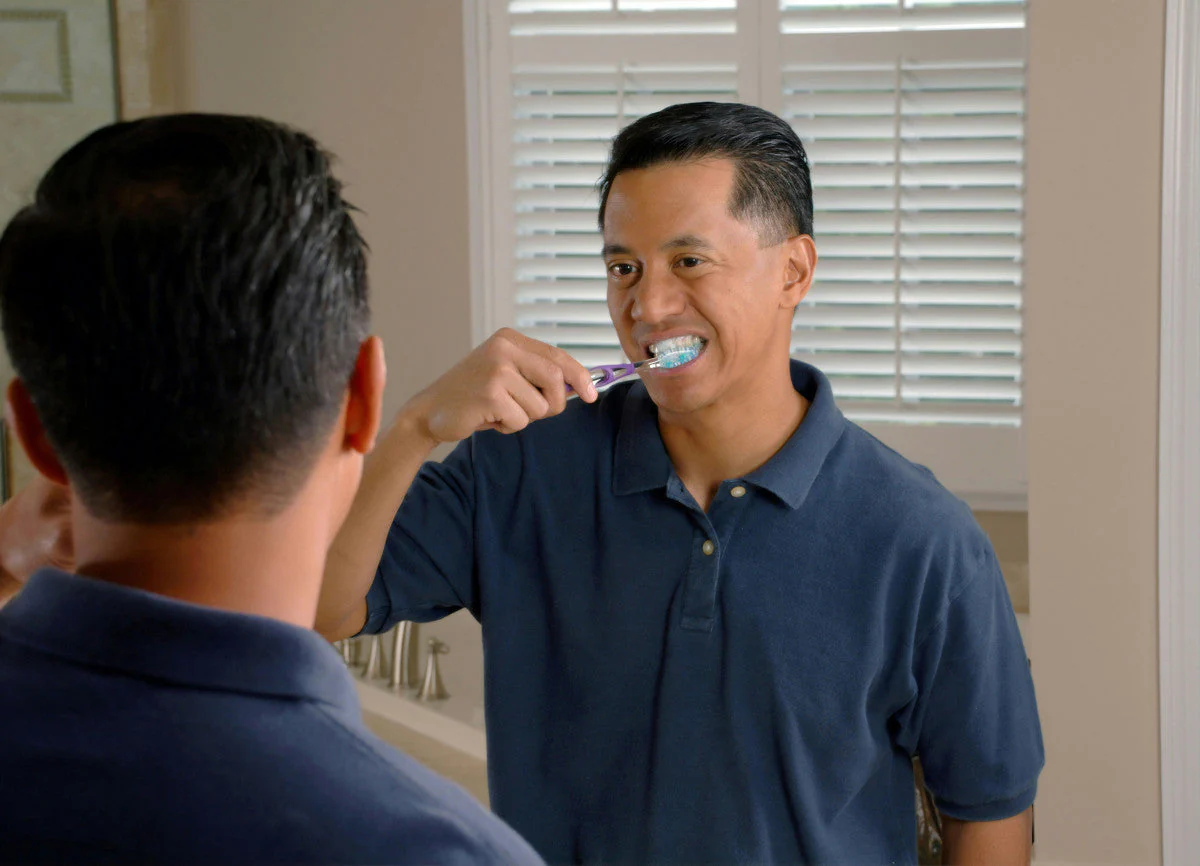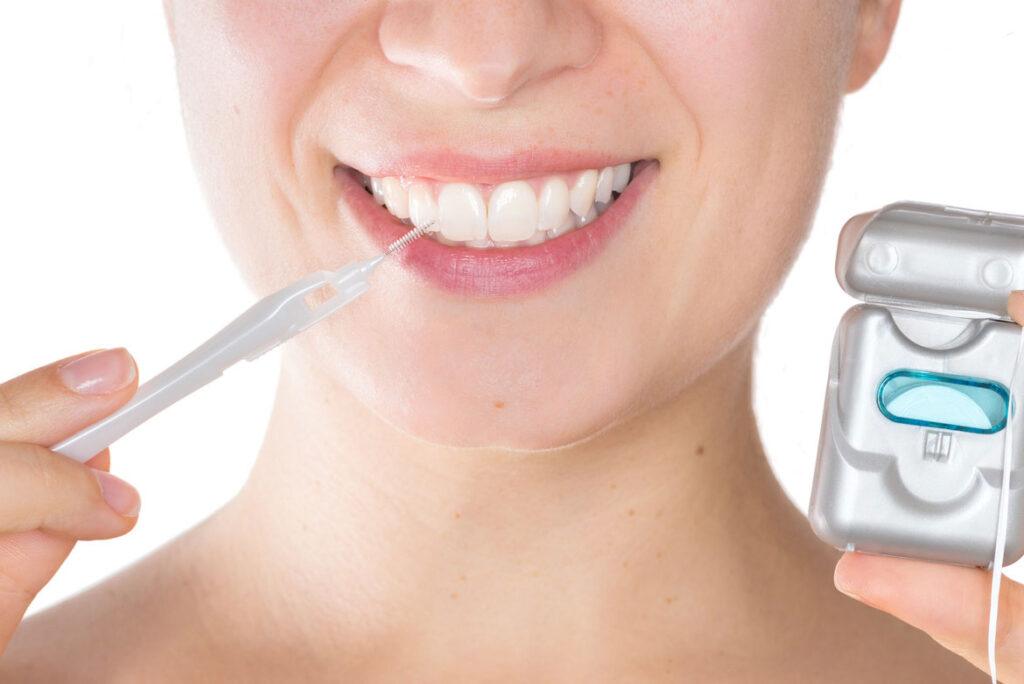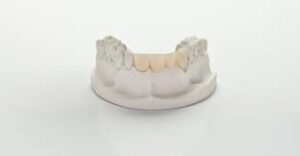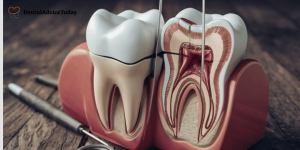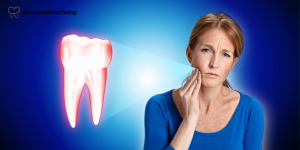Tooth pulp is a common dental issue. It can cause discomfort and needs quick attention to avoid bigger issues. This soft tissue inside your teeth holds blood vessels, nerves, and when it goes untreated, infection and pain might follow. In this guide from Dental Advice Today, we’ll explain what leads to tooth pulp, how to spot tooth pulp symptoms, and options for tooth pulp treatment. We’ll also share ways to prevent tooth pulp and when to see a dentist right away.
As your trusted source for Dental Advice Today, we focus on clear, helpful information for better oral health. Whether from deep cavities or a cracked tooth, dental pulp affects many people. Early steps can save your teeth and ease exposed tooth nerve pain. With regular check-ups and good habits, you can lower the risk of pulpit causes by decay.
What is Tooth Pulp and Why Does Exposure Happen?
The soft part of your tooth is called the tooth pulp and it is packed with nerves, blood vessels, and connective tissue. It also makes your tooth grow and become sensitive to things such as hot or cold. It is normally covered by layers of enamel and dentin but damage may result in the tooth pulp.
The most common causes of tooth pulp are deep cavities created by tooth decay when bacteria eat through the enamel and dentin. The pulp is also exposed to cracks or chips caused by injury, such as a fall or biting hard food. Gum disease pulls gums away, exposing roots and sometimes the pulp area. Even repeated dental work or grinding teeth can wear down the protection over time.
When pulp gets open, it risks infection, leading to pulpit caused as swelling or pain. Without care, bacteria enter, causing more issues. At Dental Advice Today, we suggest regular cleanings to catch problems early. Simple habits like brushing with fluoride toothpaste stop decay before it reaches the pulp. Understanding these triggers will help you protect your teeth daily.
Signs and Symptoms of Tooth Pulp
- Early detection of tooth pulp symptoms can help your tooth to be spared further damage. Eating hot, cold, or sweet food is a significant indicator of sharp pain because the open area responds to alterations. You might feel an ongoing ache or throbbing, especially at night.
- Swelling around the teeth or gums shows infection starting, with possible pus or bad taste in your mouth. Sensitivity that lasts longer than usual after eating is another clue. Sometimes the pain does not occur initially, but the negligence causes larger problems such as an abscess.
- The pain in the nerve of a tooth is sharp and abrupt, and is likely to extend to your jaw or head. Spreading infection is indicated by fever or swollen lymph nodes.
- If you notice these, see a dentist fast. At Dental Advice Today, we recommend tracking symptoms and avoiding triggers like ice until help arrives. Early checks prevent turning a reversible pulpit into needing a root canal for exposed pulp.
Treatment Options for Tooth Pulp
Fixing teeth pulp treatment depends on how bad the damage is. Your dentist will check with X-rays or tests to see if the pulp can heal or needs removal.
Professional Treatments
If infection starts, a filling covers small exposures after cleaning the decay. For deeper issues, root canal for pulp removes damaged tissue, cleans the canals, and seals the tooth. This saves the tooth and stops pain. Pulpotomy takes out only the top infected part, often for kids or mild cases. A dental crown protects after, using materials like porcelain. Endodontists specialize in these for best results. Recovery involves soft foods and good hygiene.
When Surgery is Needed
Severe cases might need pulpectomy, fully removing pulp, or extraction if unsavable. Implants or bridges replace lost teeth. Antibiotics fight infection before procedures. At Dental Advice Today, we stressed seeing a dentist quickly for the right how to fix tooth pulp plan.
How to Prevent Tooth Pulp
- Stopping tooth pulp starts with daily care. Brush twice a day for two minutes with fluoride toothpaste such as Colgate to build up the enamel and combat decay. Brush your teeth daily to clear food in between, which reduces the chances of cavities.
- Visit your dentist regularly every six months to get checkups and cleanings to identify problems at a young stage. Use mouth guards in sport to prevent injuries or broken bones. Limit sweets and sugary drinks to avoid bacteria growth.
- To build protection on sensitive teeth use Sensodyne toothpaste.
- Quit smoking, as it raises gum disease chances, a key pulpit cause. Drink water after meals to rinse away acids. These steps from Dental Advice Today keep your pulp safe and teeth strong.
When to Seek Emergency Dental Care
If your tooth pulp causes severe pain that doesn’t go away, swelling in your face or gums, or fever, seek emergency care immediately. These symptoms are important indicators of infection and require prompt treatment to avoid an abscess or more serious complications.
Pus, bad breath, or loose teeth also call for quick visits. Don’t wait to call your dentist or go to the ER after hours. At Dental Advice Today, we advise not ignoring exposed tooth nerve pain, as early care saves teeth.
Conclusion
Tooth pulp requires immediate treatment to relieve pain and save your tooth. Follow prevention tips and visit a dentist regularly. If you would like further information about oral health, please visit Dental Advice Today. Keep smiling bright!
FAQs
What are the main causes of tooth pulp?
The pulp is often exposed by decay causing deep cavities, injury exposing cracks, or periodontal disease. It can also be worn down by dental work or grinding.
How do I know if I have tooth pulp symptoms?
If you have sharp pain that is associated with hot/cold foods, persistent ache, swelling, and/or sensitivity, then it is time to get checked. Bad breath or pus signals infection.
What’s the best tooth pulp treatment?
Fillings can be an option for the mild cases, or a root canal will remove the infected tissue, and extraction will be an option if severe. A dentist picks based on damage.
Can I prevent tooth pulp exposure at home?
Yes, you should brush and floss each day, reduce sugar and use sports mouthguards to protect your teeth. Regular dentist visits cause issues early.
Is tooth nerve pain serious?
It can be, as it risks infection spreading – see a dentist fast to avoid complications like abscess.
What home remedies help with dental pulp?
Rinse with salt water, take ibuprofen for pain, and avoid triggers – but these are temporary; get professional care.
How long does recovery take after root canal for pulp?
Usually 1-2 weeks for soreness to fade, with full healing in months – follow after for best results.
